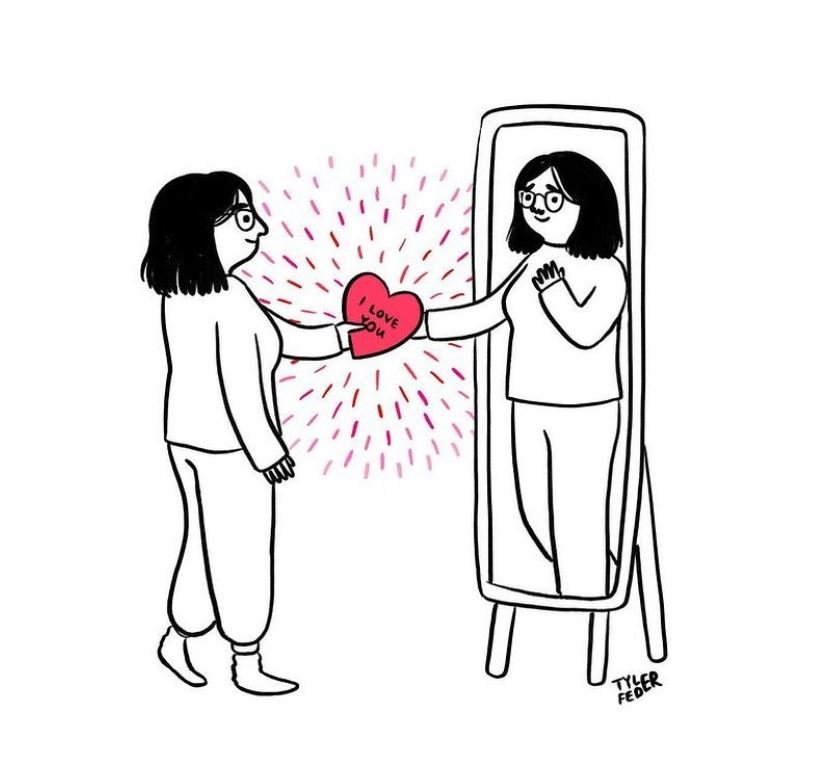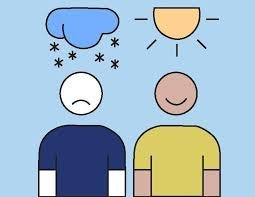
Blog
DBT for Teens: What is it and How does it Work?
Dialectical Behavior Therapy or DBT for teens can effectively treat a range of mental health concerns including depression, anxiety, and substance abuse.
Leaning in to Slowing Down
Our society rewards productivity, and it is common to push ourselves constantly. The harmful effects of not slowing down can be insidious…
Big T vs. little t Trauma
When discussing trauma, some people talk about Big T trauma and little t trauma. Here's how they differ and the potential effect they can have on you.
Promoting Perseverance
Perseverance is the ability to be persistent even when things are difficult, or there is no immediate success—in other words, to keep going. Perseverance can help you reach a meaningful goal, is an important predictor of achievement, and is a way to build self-confidence and a sense of capability.
Stretching Distress Tolerance
It is natural to want to avoid unpleasant or uncomfortable feelings and physical sensations, to think of them negatively, or to try to make them go away. For example, if I feel embarrassed, I might think, “I hate feeling this way.” Or, if I feel anxious or am in physical pain, I might think, “This feels awful. I need it to go away.”
All-or-Nothing Thinking
All-or-nothing thinking is a typical and common unhelpful thinking pattern that categorizes things into one of two extremes: in other words, all or nothing.
Cultivating Unconditional Self-Acceptance
Unconditional self-acceptance and worth are distinct from our abilities, accomplishments, or appearance. Self-acceptance is a practice that includes reframing negative thoughts and practicing personal values. It's a skill you can practice and strengthen over time.
What is Gaslighting and How to Respond to it?
According to Dr. Elisabeth Kubler-Ross, everyone experiences five stages of grief. Understanding these stages may shine some light on emotions you may be experiencing after a loss.
What Are the Stages of Grief?
According to Dr. Elisabeth Kubler-Ross, everyone experiences five stages of grief. Understanding these stages may shine some light on emotions you may be experiencing after a loss.
Stop Trying To Keep Up With The Joneses
It is natural to compare ourselves to others and to get caught in a mental comparison loop, and yet this seldom is beneficial. You may have heard the expression, “Comparison is the thief of joy.”
How Does Mental Health Affect Physical Health
Mental health is comprised of emotional, psychological, and social well-being. It forms part of your overall mood, how you think, feel, and behave. Research demonstrates a strong relationship between mental and physical health, both of which are important components of our overall health.
Are New Year’s Resolutions Helpful?
Hello, 2024. It’s that time of the year again. The start of the new year is a natural time to think about your current behaviors, what you may want to do differently, and your goals for the upcoming year. It is a common practice to create New Year’s resolutions, yet are they actually helpful?
Decrease Reactivity: Pause and Tune Into Internal Experience
Emotional reactivity refers to the frequency and intensity of emotional arousal. It includes the threshold and ease with which someone becomes emotionally aroused and the intensity of emotional experiences. For example, someone who becomes irritable very quickly and easily and experiences high irritability may be emotionally reactive.
The Health Benefits of Having a Pet
Ask any animal lover, and they will likely tell you that having a pet benefits their health and well-being. Nonetheless, the benefits of pets are more than just anecdotal. Pets positively impact health including decreasing cortisol, lowering blood pressure, reducing loneliness, and improving mood.
The Power of Relationships
Social connections can lower anxiety and depression, boost immunity, and may even lengthen lifespan. The reverse is also true. Loneliness can decrease a sense of contentment, disrupt sleep, increase cortisol (a stress hormone), and elevate blood pressure. Positive relationships are a primary contributor to health, happiness, and longevity.
Is it Spring Yet? Coping with Seasonal Affective Disorder
Seasonal affective disorder (SAD) is a form of depression characterized by its recurrent seasonal pattern where a person experiences mood changes during the fall and winter months. Learn cognitive and behavioral strategies to cope with SAD.
CBT for Joy
Exercise not only reduces depression and improves physical health but it can also increase joy! Certain physical movements that mimic "joyful movements" can generate those same positive emotions even in the absence of those events.
Light Therapy for Seasonal Affective Disorder
People with seasonal affective disorder (SAD) and those who notice negative seasonal mood shifts might want to plan ahead for the long winter.
What is Psychological Flexibility and Why is it Important?
People think that the opposite of depression is happiness. However, according to Acceptance and Commitment Therapy, the opposite of depression is psychological flexibility.



















